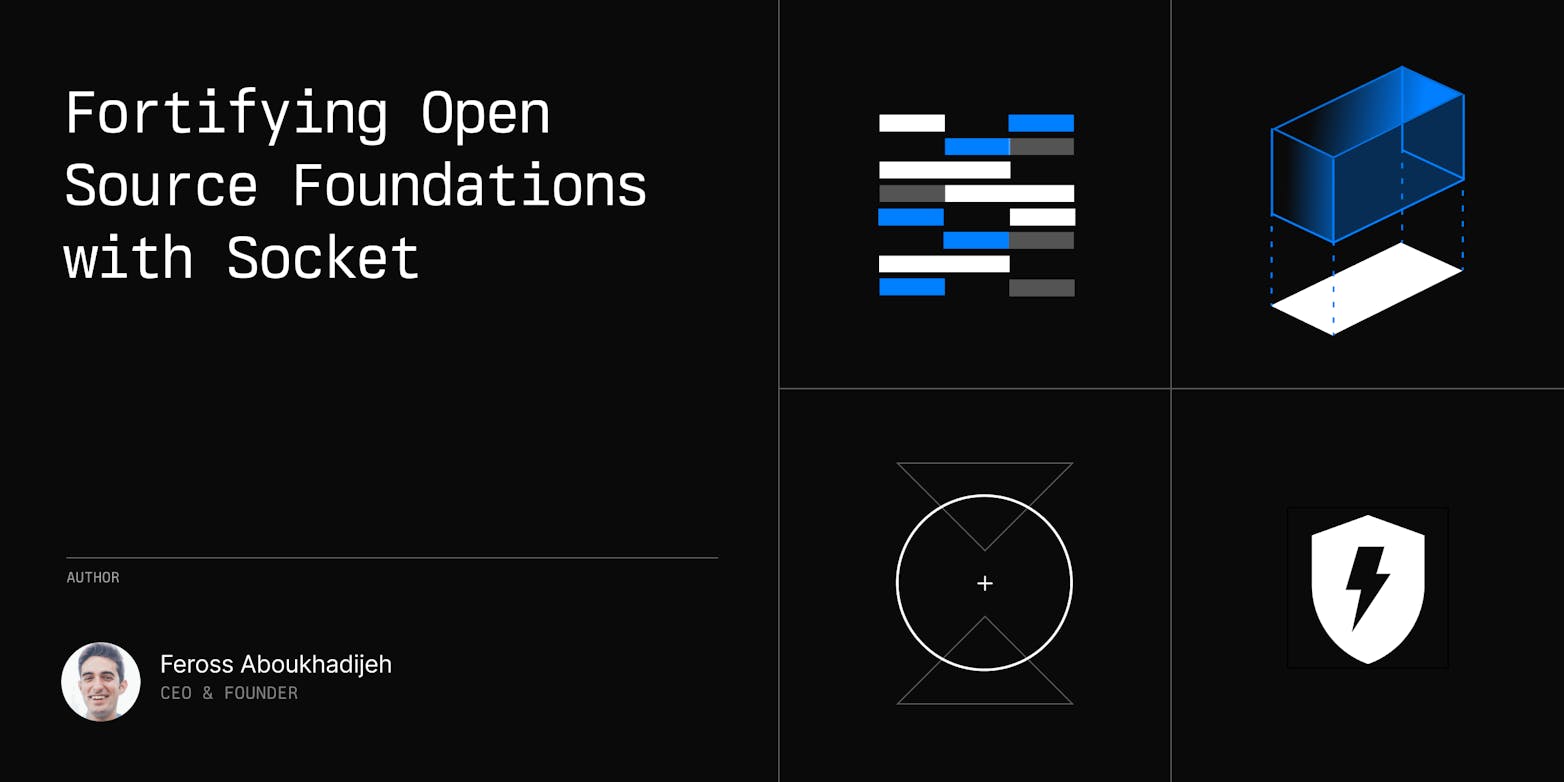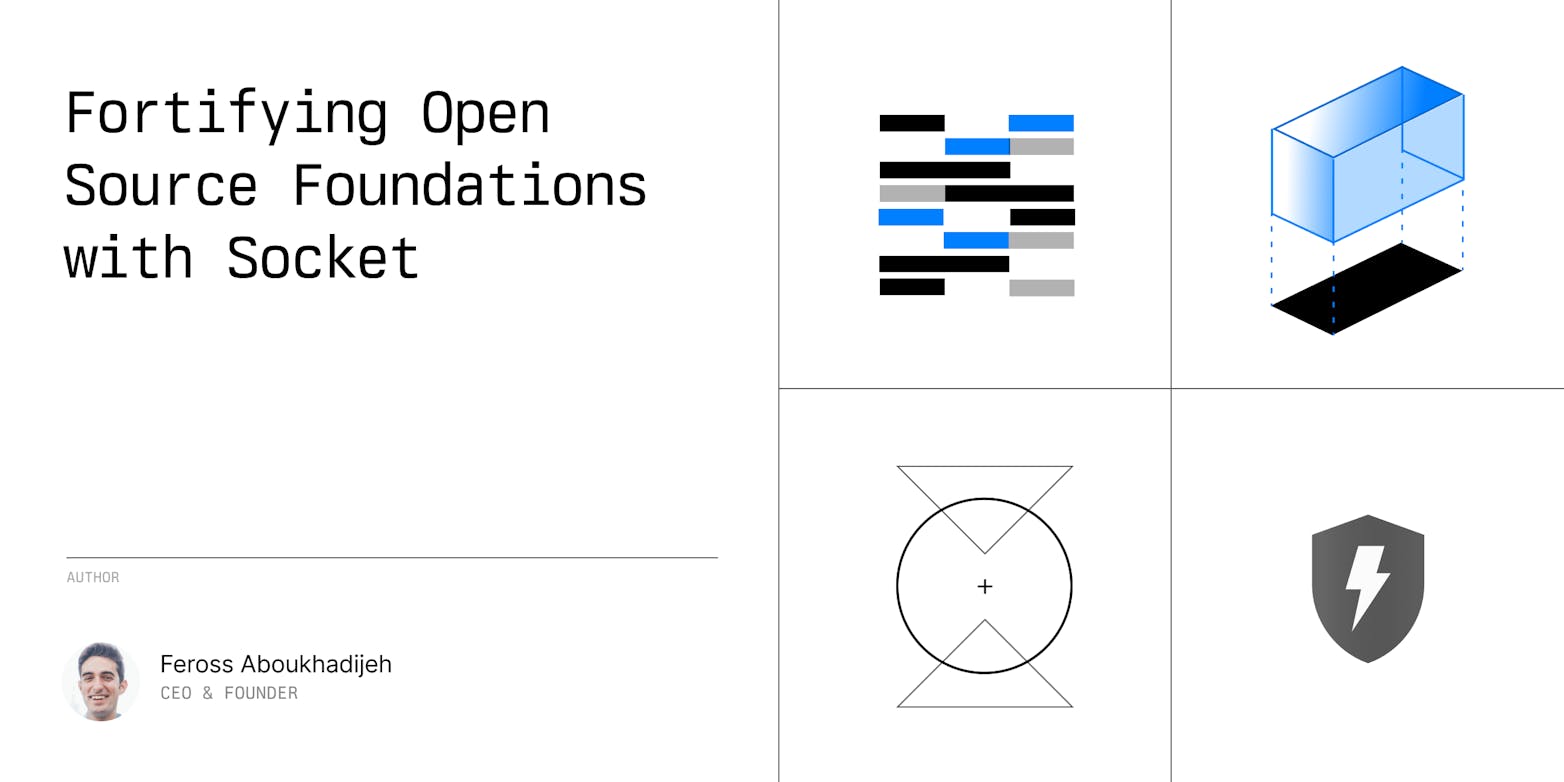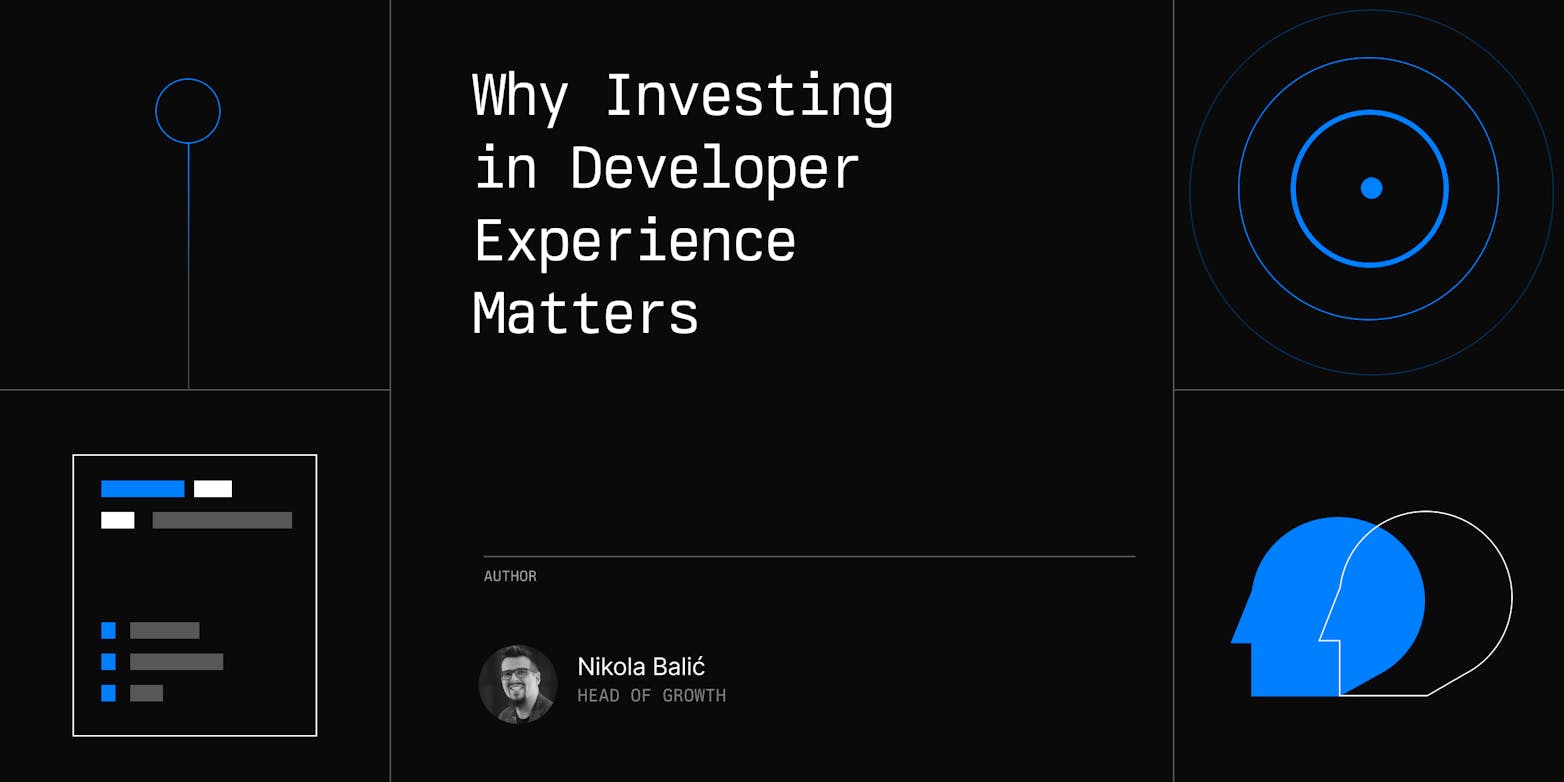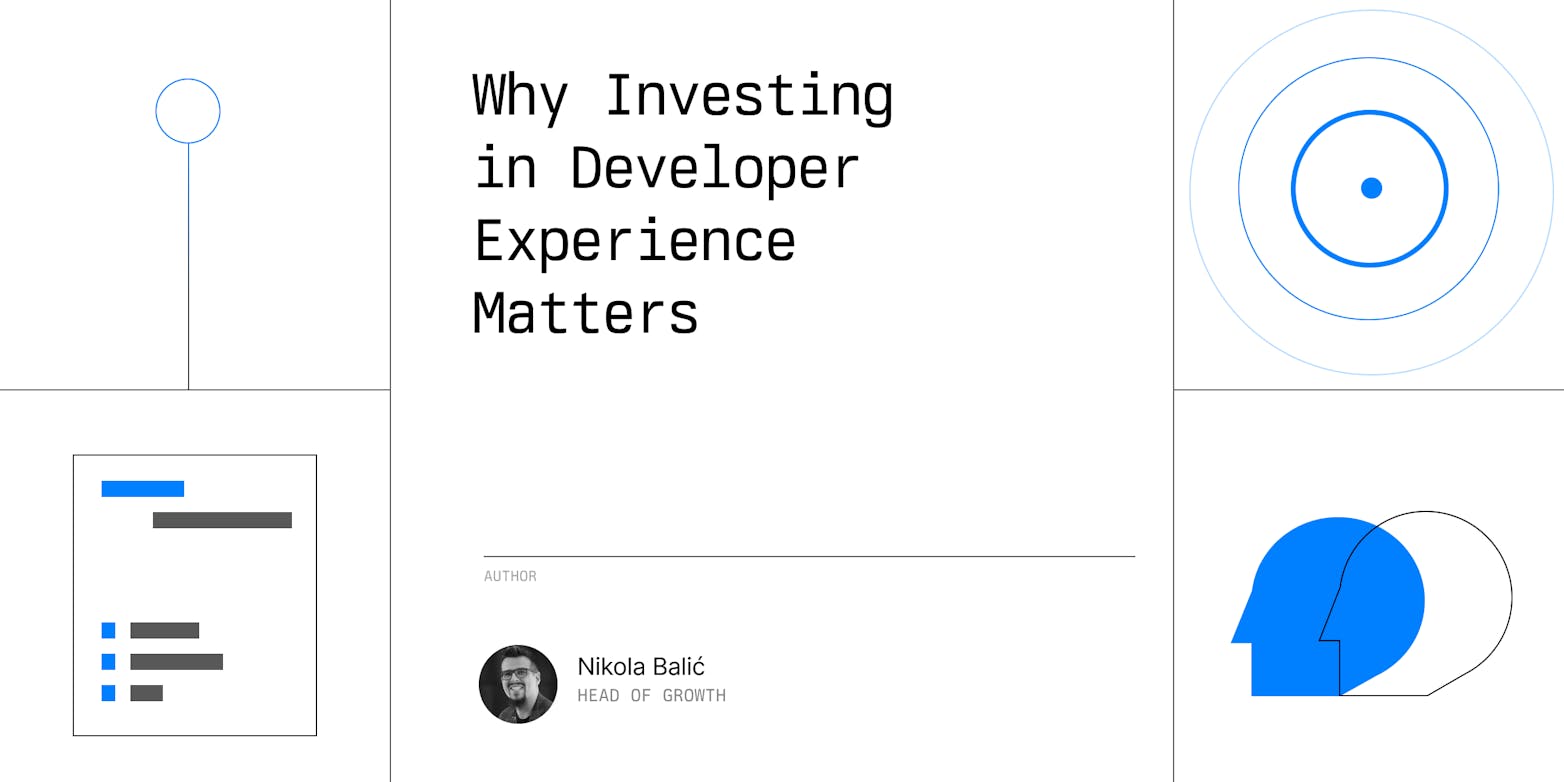As an Associate at 500 Emerging Europe, a €70 million fund investing in startups across Central and Eastern Europe, I've witnessed firsthand the booming ecosystem for developer tools in this region. With over 60% of our portfolio dedicated to DevTools, Infrastructure, AI/ML, and, Datasolutions, it's a space we're intimately and passionately familiar with.
When I began my career four years ago after studying engineering, evaluating developer tools was honestly quite educational given my non-operating background.Immersing myself in the startup battlefield of Emerging Europe has provided invaluable lessons about what separates promising DevTool startups from those struggling to gain traction.
From the outset, our investment thesis stemmed from the belief that as "software eats the world," there was a huge opening for tools that empower developers to build better software more efficiently. The technical talent boom we witnessed across Central and Eastern Europe only reinforced this conviction. Time and again, I encountered developers who faced frustrations in their workflow and rolled up their sleeves to create elegant solutions.
For founders in this space, a few key principles have emerged as critical differentiators:
1. Obsess Over the End User
The majority of our DevTool portfolio companies embrace open source, at least initially. In the open source world, engaging constantly with your user community is paramount. While these tools are inherently generalized utilities, finding a sticky core use case and catering to that segment is what unlocks product-market fit.
The founders making tangible progress are those who spend time deeply understanding how developers utilize their platform, what workflows it enhances, and where there's added value versus unnecessary bloat. They gather this insight through various channels - GitHub issues, community forums, social media, and direct outreach. Then, they tailor the roadmap to amplify the magical experience surrounding their standout features.
2. Leverage Telemetry and Usage Metrics
Related to user engagement, effectively measuring usage through telemetry data and cohort analysis has proven invaluable for our top DevTool startups. While vanity metrics like GitHub stars highlight potential traction, they don't reveal if users are truly deriving value day-to-day.
Are they just kicking the tires and moving on? Are there power users who have integrated your tool into their core workflow? Which features are the stickiest? You need definitive telemetry and usage data to gauge product-market fit rather than hypothesizing based on download numbers.
As a founder, capturing this data should be prioritized as soon as possible. It will be critical for steering your roadmap and demonstrating sustained traction to investors down the line when you pursue a priced hosted offering or enterprise deals.
3. Identify and Focus on the Economic Buyer
One of the most common mistakes DevTool startups make is mistaking the individual user (developer) for the economic buyer. For products priced at any reasonable level, there is almost always a separate economic buyer like an engineering leader, CTO, or product head evaluating ROI.
The founders who have achieved breakout growth are hyper focused not just on wowing users, but understanding the procurement process, security requirements, deployment needs, and ROI drivers that will compel these economic buyers to bring their tool into the enterprise and developer workflows.
Even if you aren't ready to actively sell and market to enterprises, it's critical to start that buyer discovery as early as possible. Ensure there is a viable economic buyer for your user's beloved tool who will realize enough value to purchase at scaled pricing and packaging tiers.
4. Leverage Investor Networks for Growth
Starting buyer discovery early seems easier said than done, but this is where your investor’s network comes in. Communicating with your investors and leveraging their networks can significantly improve customer discovery and connect founders with enterprises.
As an early-stage founder, but not only early, don’t hesitate to ask your investors for introductions. Investors, especially those with multiple funds under management, have extensive networks from past investments that can provide valuable connections to enterprise clients.
By engaging with investors and utilizing their network, you can gain insights into potential enterprise needs and validate your product’s future enterprise features. This collaborative approach can help shape your product roadmap and refine your go-to-market strategy, ensuring a more scalable and investment-attractive business.
Conquering the DevTools Landscape
While nailing product-market fit is challenging for any startup, DevTools founders face a unique multi-constituency challenge - delighting the user while demonstrating ROI to the economic buyer. Those who can engage authentically with their user base, instrument telemetry to validate product-stickiness, and leverage investor’s network to proactively identify enterprise use cases are best positioned to turn traction into an enduring, scalable business.
At 500 Emerging Europe, we're committed to nurturing partnerships with emerging DevTool startups throughout Central and Eastern Europe. We look at the technical talent in the region, and people creating amazing software, and we see an ecosystem ready for the next step. With firsthand insights into the workflow challenges, those bold enough to embrace principles above and achieve product-market fit, the journey ahead promises investment opportunities and an exciting future for the tech landscape in the region.










